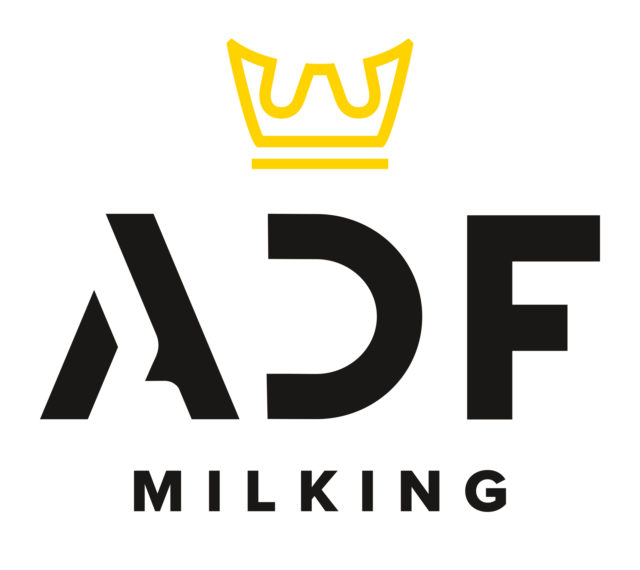Your personal wealth bubble is having some flexibility in your wealth creation beyond the wealth you are creating in farm assets.
This is important to me as a farm coach for three reasons.
1. Income streams for retirement can come from personal investments that have the potential to yield a decent living income for the next three decades, and at the same time does not draw a lot of income from your farm business. If you have set up a farm transition structure that allows you to draw income from preferred shares and other farm sources, good for you.
Your homework is to discover what your current family living expense is for you and what it will be in the next five years. We spend $75,000 on family living, which does not include charity or investments. What do you need to live well? This personal money conversation is key to creating clarity of expectations with all generations in building your transition plan.
I once had a farm couple ask their sons for $120,000 annually from the farm, and the actual draw was $38,500. Your numbers need to be reasonable and workable for the farm cash flow. If you don’t need to draw much from the farm, you can really help the next generation get a good start.
2. The bulk of your land is not likely to be sold to the next generation, as they cannot afford to buy it. If you are thinking your “retirement plan” is to sell off farm assets, you may be surprised to be caught holding them. The next generation may be able to buy some of your assets, but not $15 million worth. Having personal wealth spreads your wealth across the farm assets and the personal side.
Have you started talking to the successors about what they are willing to buy? Don’t put this conversation off. Many young farmers can get special loan rates under age 40, and they are eager to take on “good debt” they can cash flow. Time is on their side, not yours.
3. Fairness to non-farm heirs. Fairness in my books is “helping everyone in the family be successful.” This will mean different gifts or transfers or bequests to different people. Someone wrote “Fairness is not a mathematical equation. The view of fair is unique. What we think is fair is irrelevant; it is not a concept to build a plan on.”
When you have personal wealth to transfer to non-farm heirs, you can keep the farm assets intact for your farm successors and you to draw income from. Having the ability to use your personal wealth bubble to give gifts with a warm hand, such as house mortgage down payments, college tuition, vehicles, etc., gives you flexibility from the personal side without adding financial strain to the farm business.
If you do not have much on the personal side of your wealth equation, you cannot change the past, but you can act now and create more wealth for yourself personally.
I encourage you to hire a fee-for-service financial planner to help you simplify your investment goals, find out what you need for the lifestyle you want to finance over the next three decades, and build contingency plans (e.g., needing assisted living when you are over 80). My financial planners have used my data to help see what I will have when I am 102.
To find a certified financial planner, you can search the Canadian Association of Farm Advisors directory or contact me for recommendations.
Some of the aging population is holding a lot of personal wealth in farmland, as it gives them a great sense of security. The flip side of this is the younger farmers, who need the equity to leverage debt. A great financial planner can help with moving assets around to satisfy the need for security and the flexibility of cash flow for the next generation.
It is common for farmers to invest in their farms because they know farming and don’t like investments they don’t understand, but if you were to take a 4% return on $2 million, you would have $80,000 for family living.
Young farmers have many demands on their cash flow, so how can they build up their personal wealth? It takes time and discipline. Some people call it “paying yourself first.” You might want to consider investing in tax-free savings accounts (TFSAs), where the 2023 contribution is $6,500 per person.
I am not a financial planner, and this column is not to be taken as financial advice. It is a statement of the concept of building wealth beyond the farm assets to give you flexibility for living expenses and transfer of wealth to non-farm heirs.
Talking about money is not a bad thing. Having a healthy attitude to challenge the money scripts of your family will help everyone find a way to get certainty and security for their financial futures.









